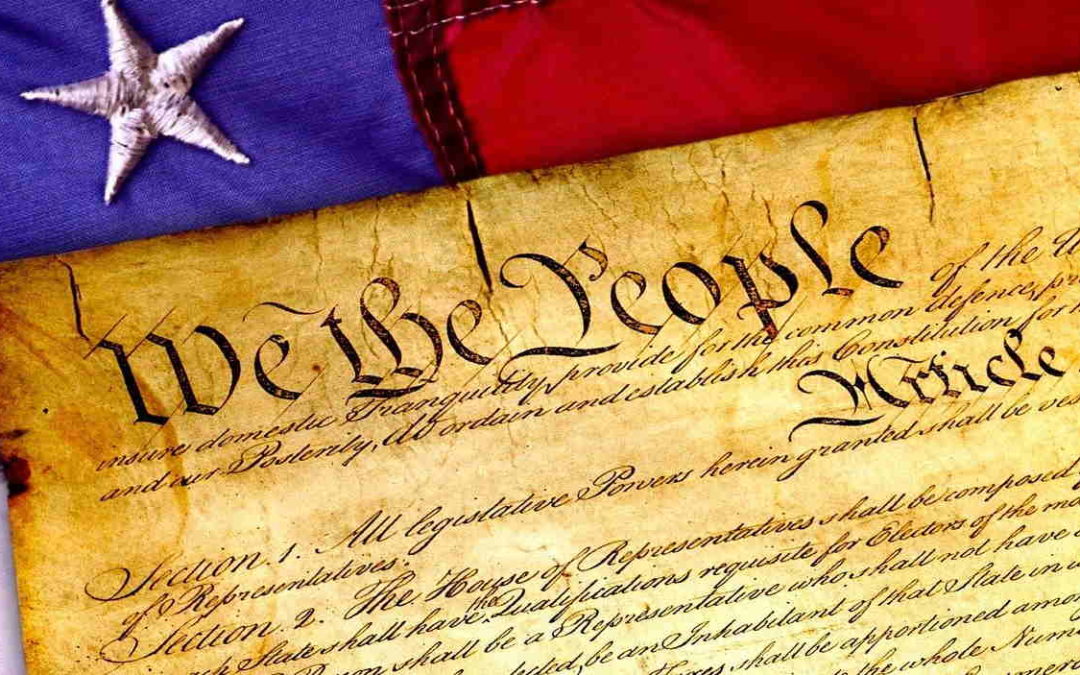This weekend we will be reminded – in rather vague references unfortunately – of the various freedoms we enjoy as citizens of the United States.
Let’s be specific about an often-neglected one. Don’t hold your breath – you won’t hear too much about this one in the mainstream media.
That is, religious freedom.
Our First Amendment says that Congress shall make no law “prohibiting the free exercise” of religion. It also mentions the people’s right “peaceably to assemble.”
Then how can our government officials legally shut down churches, or severely limit their attendance? In California, for example, Gov. Gavin Newsom used the Covid-19 pandemic as a phony reason to shut down all churches in that state. This was while Walmart, Cosco, marijuana shops and abortion mills were allowed to be open to the public.
On a happy note, on Feb. 5 of this year, the U.S. Supreme Court struck down California’s indoor worship ban. But only after South Bay Pentecostal Church in Chula Vista, CA, filed a lawsuit over the matter.
Here in Illinois when Covid-19 broke out, Gov. J.B. Pritzker allowed only ten worshippers to gather in a church building. Ugh! There are churches in this state that hold one thousand people and more. This is plenty for much bigger crowds and to allow for social distancing at the same time.
When that state’s ruling was made, a church filed a lawsuit and the governor backed down.
The US Constitution does mention God
Our religious freedoms will be taken away unless we stand up, recognize and celebrate our rights.
It’s often argued by secularists that the US Constitution does not mention God or Christianity. But it does – at the end of the document:
“… in the Year of our Lord one thousand seven hundred and Eighty seven.”
I’m not being picky.
Although the actual phrase was not voted upon by the delegates of the Constitutional Convention, it was added on by a clerk afterwards. It nevertheless has weight.
In the eighteenth century, the words “Year of our Lord” was a standard way of affixing the date on the end of an important document. You still see it on some college diplomas and other official documents.
No arguments
Apparently there were no arguments about this reference to God at the time, and the phrase stuck.
Was this a mindless addition?
Those who think so are not aware that a date at the end supplies an important purpose – it anchors the event in time. It tells later generations when it became part of history.
The phrase recognizes Jesus Christ, whom Christians acknowledge as the one who came to save the human race. As such, the Savior is acknowledged as having a kind of governance over all who live in the long march of centuries that come after him. Our great document – the Constitution – is thus firmly set in a place and time that recognizes that this is the age of the Christ.
Thus, the Fourth of July is certainly a day to celebrate with fireworks and parades. Let’s not forget our country’s connection with God.

